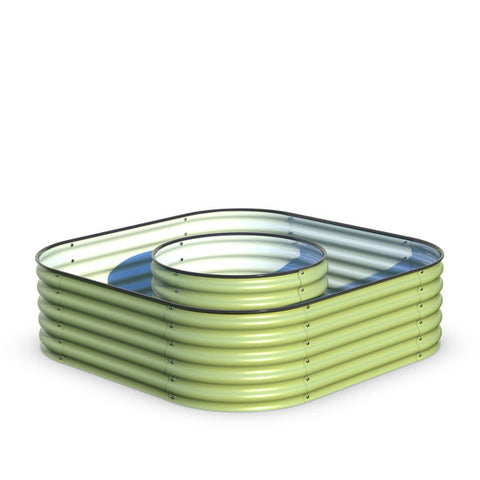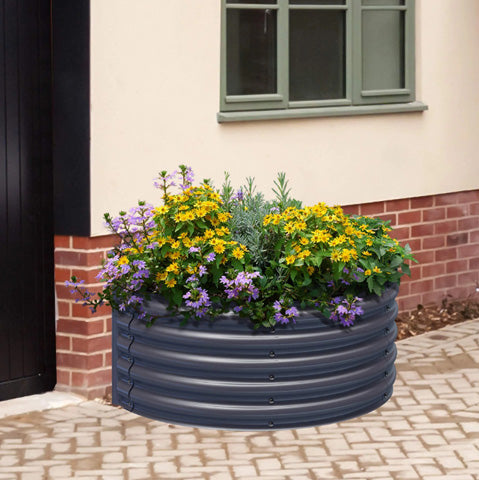How Long Does Raised Bed Soil Last?
The lifespan of soil in a raised bed can vary depending on the factors we’ve discussed. In general, with proper maintenance, the soil in a raised bed can last for many years.
Here are some guidelines for how long raised bed soil can remain viable:
Soil that is well-maintained and regularly amended with organic matter can last for up to 10 years or more.
Soil that is poorly maintained and not amended regularly may only last for a few years.
Soil that is contaminated with chemicals or heavy metals may not be viable for gardening and should be replaced.
If you’re not sure how long your raised bed soil has been in use or if it needs to be replaced, you can have it tested by a soil laboratory to determine its nutrient levels and pH. This can help you make informed decisions about how to improve your soil and maintain its longevity.
By taking steps to maintain healthy soil and following best practices for raised bed gardening, you can ensure that your soil remains viable for many years. Regularly adding organic matter, properly watering your plants, and practicing crop rotation and cover cropping are all effective ways to maintain healthy soil.

In addition to these general practices, there are some specific steps you can take to keep your raised bed soil healthy and productive:
Test your soil regularly: As mentioned earlier, testing your soil for nutrient levels and pH can help you identify any issues that need to be addressed. You can have your soil tested by a soil laboratory or use a home testing kit.
Mulch your soil: Mulching your raised bed soil can help to regulate soil temperature, retain moisture, and suppress weed growth. Organic mulches such as straw, leaves, or grass clippings can also break down over time and add nutrients to the soil.
Practice companion planting: Companion planting involves planting different crops together that have mutually beneficial relationships. For example, planting beans with corn can help to fix nitrogen in the soil and promote healthy growth for both crops.
Avoid using synthetic fertilizers and pesticides: Synthetic fertilizers and pesticides can harm soil microorganisms and reduce soil fertility over time. Instead, use natural fertilizers such as compost or manure and practice integrated pest management techniques to control pests and diseases.
By taking these steps and following best practices for raised bed gardening, you can help to ensure that your soil remains healthy and productive for many years. However, if you notice signs of soil depletion such as poor plant growth or nutrient deficiencies, it may be time to replace your soil or make significant amendments to improve its health.

The soil in a raised bed can remain viable for many years with proper maintenance and care. Soil quality, watering and drainage, and crop rotation and cover cropping are all important factors that affect soil longevity. By following best practices for raised bed gardening, such as regularly adding organic matter, properly watering your plants, and practicing crop rotation and cover cropping, you can help to maintain healthy soil and promote healthy plant growth. If you’re not sure how long your raised bed soil has been in use or if it needs to be replaced, you can have it tested by a soil laboratory to determine its nutrient levels and pH.
